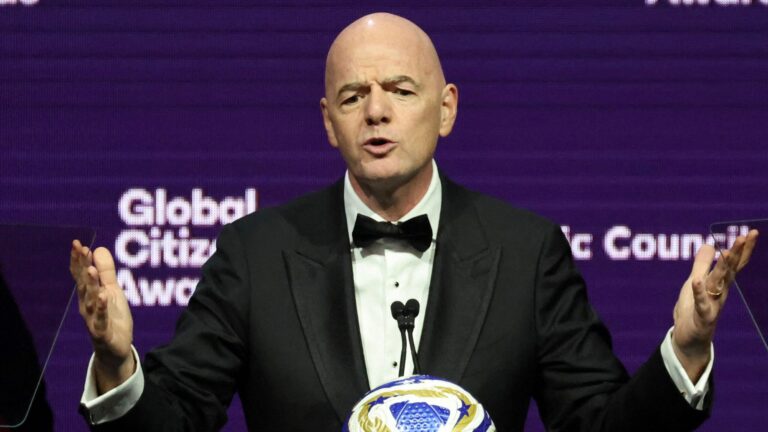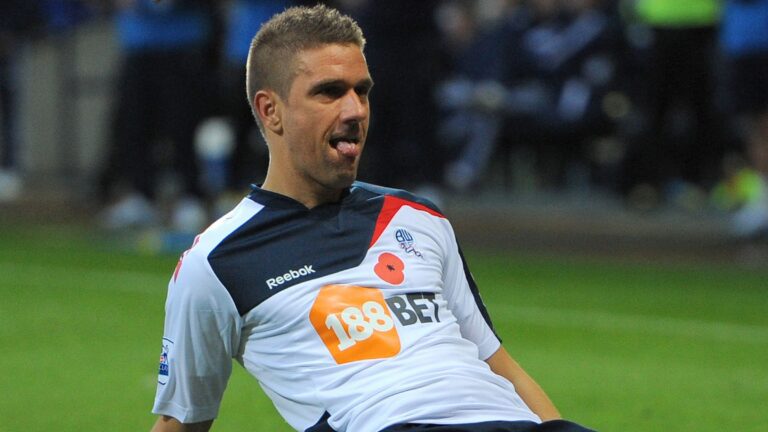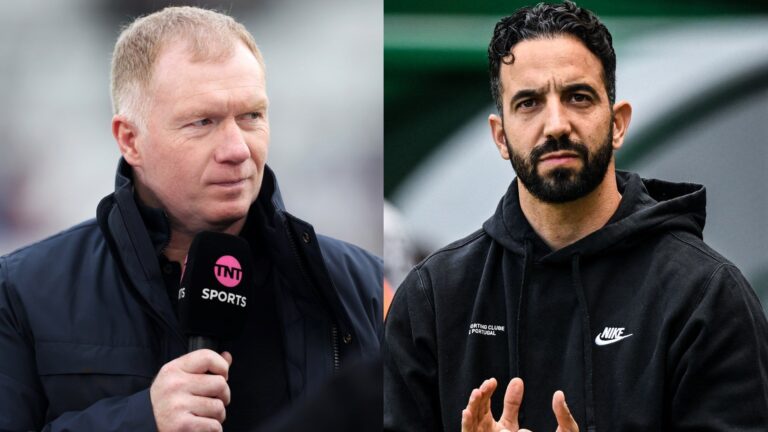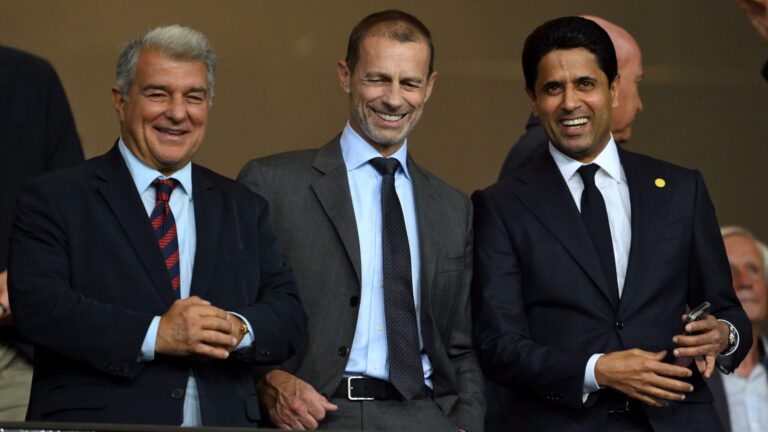Cole Palmer’s Ambitious Wine Venture Hits a Roadblock
In the world of football and branding, dreams of expanding beyond the pitch can sometimes collide with age-old traditions. Cole Palmer, the rising Chelsea midfielder known for his flair, recently encountered a significant hurdle in his plans to launch a personal wine line. Despite his growing popularity, Cole Palmer‘s efforts were thwarted by a historic French vineyard, highlighting the challenges athletes face when venturing into new business territories.



Cole Palmer’s Trademark Clash with a Legendary Winery
As reported by The Sun, the talented England player has been outmaneuvered in a legal dispute over branding rights by Chateau Palmer, a prestigious estate that has produced fine wines since the early 19th century. This iconic producer offers bottles like their 1970 Cru Classé Margaux, which retail for up to £750, and they successfully opposed Palmer’s attempt to use a similar name inspired by his popular nickname. Now, his legal advisors are reworking his strategy to avoid further conflicts.
The Impact on Palmer’s Business Aspirations
With his star power surging since joining Chelsea and establishing himself as one of the top creative players in global football, Palmer is exploring ways to diversify his portfolio. Originally, he aimed to market a range of wines, liquors, and apparel under his brand. However, this recent court decision might steer him toward prioritizing fashion and beverages other than wine, allowing him to capitalize on his off-field influence in fresh ways. For instance, instead of wine labels, he could launch a line of premium athletic wear, drawing from his dynamic on-pitch style.
Navigating Injuries and New Opportunities
Currently sidelined by an injury that forced him off the field early in a match against Manchester United-stemming from a persistent groin issue-Palmer has extra time to rethink his intellectual property strategies. This downtime could spark innovative ideas for his brand, such as introducing high-end accessories like custom headwear, reminiscent of his low-key appearance while viewing his Nike campaign in London. It’s a pivotal moment for the midfielder to blend his personal story with marketable products.
Chelsea’s Season and Palmer’s Road to Recovery
Moving forward, Palmer’s primary concern is regaining full fitness, as Chelsea prepares for their upcoming fixture against Brighton. The team has shown mixed results early in the campaign, securing three victories, one draw, and one defeat in their initial six outings, positioning them just outside the top four in the Premier League standings. This evolving performance underscores the importance of Palmer’s return to help sustain their momentum and push for higher rankings. With his talent, there’s no doubt his influence will soon shine again on and off the field.>
The Story Behind Cole Palmer’s Rejected Wine Trademark Bid
Who is Cole Palmer and What Was His Trademark Attempt?
Chelsea star Cole Palmer has been making headlines not just for his dazzling performances on the pitch, but also for his ventures off it. The young English footballer, known for his skill and creativity in games, recently attempted to enter the world of wine by bidding for a trademark. Cole Palmer’s wine trademark bid aimed to capitalize on his rising fame, potentially launching a line that could blend his personal brand with the luxury wine market.
However, this bid was met with rejection from a premium French vineyard, highlighting the complexities of trademark laws in the competitive wine industry. For those unfamiliar, trademarks protect brand names, logos, and unique identifiers, ensuring no one else can use them commercially. In Cole Palmer’s case, the rejection underscores how established players in the £750 per bottle wine segment fiercely guard their intellectual property.
Why Was Cole Palmer’s Wine Trademark Bid Rejected?
The rejection of Cole Palmer’s wine trademark bid stems from potential conflicts with existing brands. Premium French vineyards, often charging upwards of £750 per bottle for their exclusive offerings, have strict protocols to maintain their heritage and market position. Reports suggest that the vineyard in question argued that Palmer’s proposed trademark could confuse consumers or dilute their established brand identity.
In the wine trademark world, rejections like this are common when a new bid too closely resembles an existing one. For instance, the French vineyard likely pointed to similarities in naming or styling that might mislead buyers into thinking Palmer’s line was affiliated with their high-end products. This isn’t just about protecting sales; it’s about preserving the prestige of wines that can cost £750 per bottle and are often associated with centuries of winemaking tradition.
To put this in perspective, the global wine trademark landscape is highly regulated, especially in France, where appellations and protected designations of origin (PDOs) add layers of scrutiny. Cole Palmer’s rejection serves as a reminder that even a celebrity like a Chelsea star needs to navigate these waters carefully.
The Premium French Vineyard at the Center of the Dispute
The vineyard involved is a storied name in the French wine scene, producing bottles that retail for around £750 each, positioning them as a symbol of luxury and exclusivity. These wines are crafted from select grapes in renowned regions like Bordeaux or Champagne, where every aspect-from soil to aging process-is meticulously controlled to justify the premium price tag.
What makes this rejection noteworthy is how it reflects broader trends in the wine industry. Premium French vineyards aren’t just selling wine; they’re selling an experience, often tied to their brand’s history and reputation. A Chelsea star like Cole Palmer trying to enter this space could be seen as a threat, especially if his trademark bid hinted at emulation. This incident highlights the economic stakes, as these vineyards generate millions from their high-end offerings, and any perceived infringement could impact their £750 per bottle market.
Implications for Athletes and Brand Building in the Wine Industry
For athletes like Cole Palmer, branching into the wine trademark arena can be a smart move for long-term branding, but it’s not without risks. Rejections like this one can delay launches and require reevaluation of strategies. In Palmer’s case, this might mean exploring alternative naming or partnering with experts to avoid future conflicts.
One key takeaway is the importance of thorough trademark searches before proceeding. Many celebrities, from actors to sports stars, have successfully launched wine lines-think Brad Pitt’s Miraval or NBA stars with their own labels-but they’ve done so by respecting existing trademarks.
Benefits of Understanding Wine Trademarks for Aspiring Entrepreneurs
- Protection of Brand Identity: Securing a trademark ensures your wine line stands out, preventing costly legal battles down the line.
- Enhanced Market Value: For a Chelsea star like Cole Palmer, a successful trademark could boost endorsement deals and merchandise sales.
- Global Expansion Opportunities: Trademarks facilitate international sales, especially in premium markets where £750 per bottle wines thrive.
- Long-Term Legacy Building: It allows athletes to create a personal brand that extends beyond their sports career, much like Palmer’s potential wine venture.
Practical Tips for Navigating Wine Trademark Bids
If you’re inspired by Cole Palmer’s story and considering a wine trademark bid yourself, here are some actionable steps:
- Conduct a Comprehensive Search: Use databases like the EUIPO or USPTO to check for similar trademarks, avoiding rejections due to overlaps.
- Consult Legal Experts: Work with intellectual property attorneys familiar with the wine industry to refine your application.
- Start Small: Begin with a niche market to test the waters, rather than aiming for premium £750 per bottle status right away.
- Learn from Case Studies: Look at how other Chelsea stars or athletes handled trademark issues; for example, David Beckham’s successful ventures in fashion and spirits show the value of strategic planning.
Case Studies of Similar Trademark Rejections in the Wine World
This isn’t the first time a high-profile figure has faced a wine trademark rejection. Take, for instance, the case of a famous musician who attempted to trademark a wine name that clashed with an Italian estate’s branding. The rejection led to a rebrand, but it also resulted in a more unique and successful product. Similarly, a Premier League player’s bid was turned down due to geographic name conflicts, emphasizing how regional protections can block even well-intentioned efforts.
In Cole Palmer’s situation, this could be a learning curve. First-hand experiences from industry insiders suggest that such rejections often lead to stronger comebacks, with athletes refining their approaches to create truly distinctive brands.
By examining these elements, it’s clear that Cole Palmer’s wine trademark bid rejection by a premium French vineyard charging £750 per bottle is more than a setback-it’s a lesson in the intricate dance of fame, business, and tradition in the wine world. With careful strategy, Palmer might just raise a glass to success yet.









